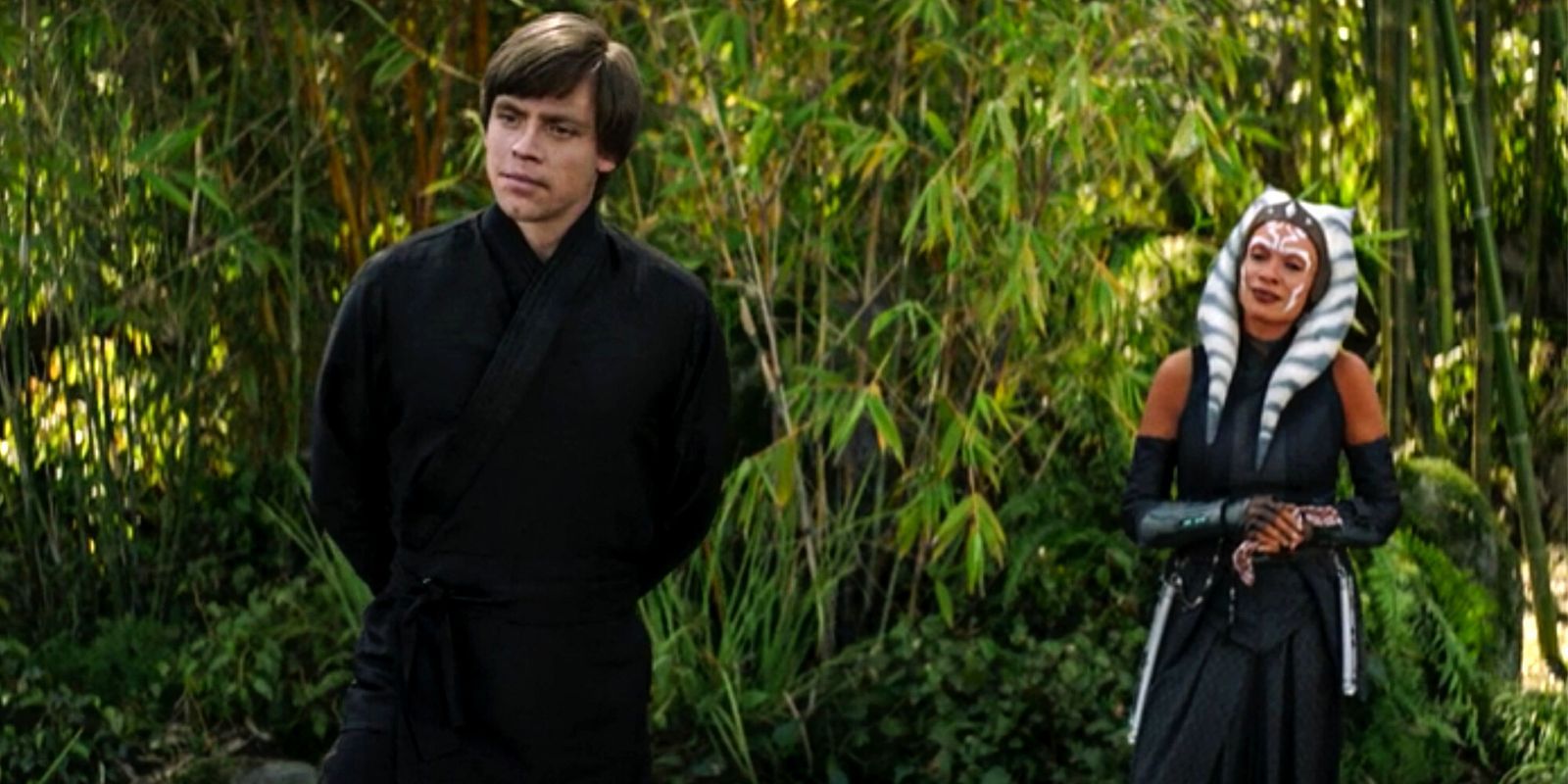Listeners:
Top listeners:
-
 play_arrow
play_arrow
Electromusic FM RADIO ONLINE 24/7
-
 play_arrow
play_arrow
London Calling Podcast Yana Bolder
The rivalry between Star Wars and Star Trek is as legendary as the sagas. While the fans of both debate their flaws and merits, there is one arena where the challenge is truly evenly matched. The music that accompanies these shows and films is iconic, so which is better: Star Wars or Star Trek? It’s not an easy question.
Of course, in recent years, the rivalry among fans has turned more internal. Both Star Trek and Star Wars are in their third wave of new stories. Older fans lament how the new entries don’t match their expectations. Even though Star Trek: Discovery saved the franchise, Trekkies are divided over its value. Similarly, the new series of films and shows from Lucasfilm have divided the fanbase like Jedi and Sith. However, one thing none of the fan base disagrees with is the high quality of music associated with each production. From the way Picard Season 3 honored the franchise’s past to each new bit of music from (and inspired by) John Williams, the soundtracks earn far less vitriol than the movies and shows. Comparing the two musical canons is difficult. Star Trek is a 60-year-old saga with dozens of composers creating its sonic vocabulary. Meanwhile, outside of a few series, Star Wars is effectively the magnum opus for the greatest living composer, John Williams.
RELATED: Why Star Trek: Legacy Could Be a Feature Film Testing Ground
Star Trek’s Music Boldly Goes Where No Sci-Fi Saga Has Gone Before
Save for the theme song from Enterprise and the Yellowjackets’ tracks in Star Trek IV, the music in Star Trek is almost wholly orchestral. Still, it began with television composer Alexander Courage who devised an ethereal, out-of-this-world theme song for Star Trek: The Original Series. Other composers, like Gerald Fried, who scored the “Amok Time” episode, became definitive motifs for the franchise. They would be used in parodies and even referenced in the score for Strange New Worlds. Before Star Trek was a feature film franchise, even non-fans could identify the music.
Once the movies happened, producers turned to composers like Jerry Goldsmith, James Horner, Dennis McCarthy and Leonard Rosenman to build on Star Trek‘s musical vocabulary. Goldsmith’s themes for the Enterprise, the Klingons and Spock resonate through the franchise. Horner’s music evokes his former mentor’s score and also delivers a wholly original sound. McCarthy and Jay Chattaway built on this foundation for their Deep Space Nine and Voyager scores. In the 21st century, Michael Giacchino added his own unique sound to the canon. Yet, in between tracks like “Enterprising Young Men” and “Nero Death Experience,” he still adds references to Goldsmith, Courage and the rest.
Jeff Russo handles the score for most modern series, from Discovery to Strange New Worlds. Stephen Barton and Freddie Weidmann added their unique style to Picard Season 3 while filling the score with references to every piece of important Star Trek music. The music fits together while simultaneously defining each individual era. It’s fitting a saga about a diverse collective of people working together produced such a dynamic but coherent musical landscape.
RELATED: Diego Luna Compares Andor’s Themes to SAG-AFTRA Strike’s Goals
Star Wars Music Is Only Just Branching Out Beyond John Williams

George Lucas famously wanted Star Wars to have a traditional score because it added gravitas to his space opera. He turned to John Williams, a lucky break for him and fans of film scores. The first trilogy of music was immediately iconic. When Williams returned for the prequels and the sequels, he got the rare chance to build on that body of work. He’s created new music for Star Wars in every decade since the original film’s release. His last entry was the theme for Obi-Wan Kenobi. Yet, even if Williams wasn’t in his 90s, there is simply too much Star Wars for him to score exclusively.
When The Clone Wars debuted 15 years ago, Kevin Kiner stepped in to handle the music. He deployed Williams’ themes and motifs liberally while still creating his own iconic themes. One character, Ahsoka Tano, has a theme that feels perfectly in line with any of Williams’ work. Other composers have stepped up for series like The Mandalorian or Andor. Giacchino does rare double-duty, having scored Rogue One. Even when the music deliberately eschews Williams’ work, it never strays too far from it. Star Wars has a much more cohesive musical saga behind it, in larger part because of Williams.
Star Trek never had the luxury of using a single composer like Williams. Making music, especially for TV, is hard work. Ironically, Star Wars is only now encountering this problem. Each collective score has its own value. Star Wars represents an almost singular vision that evolved over 45 years. Star Trek is more dynamic, with composers adding their stylistic flair that closely ties the score to individual films or shows. As for which is better? That’s simply a matter of taste. In two fandoms where agreement is often rare, almost everyone knows the music helps these space sagas soar to heights they wouldn’t reach without them.
Written by: Soft FM Radio Staff
Similar posts
Electro Music Newsletter
Don't miss a beat
Sign up for the latest electronic news and special deals
EMAIL ADDRESS*
By signing up, you understand and agree that your data will be collected and used subject to our Privacy Policy and Terms of Use.
Podcast episodes
 Invalid license, for more info click here
Invalid license, for more info click here
Copy rights Soft FM Radio.





